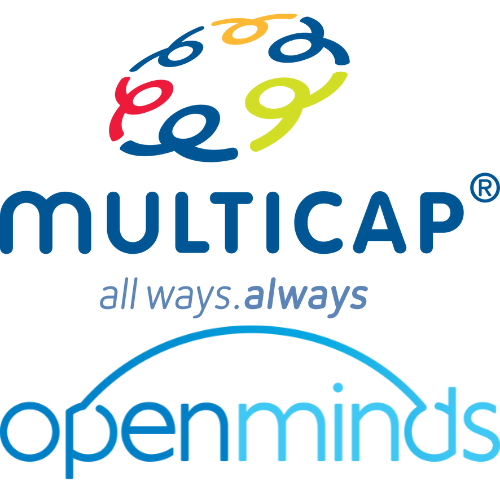
Sunday, 28 July 202410:45 AM - 12:00 PMHindley 3 |
The Role of Self-Reflection in Reducing Burnout Among Behaviour Practitioners
Sarah Hutchison1 & Trent Carberry2 1Multicap Limited; 2Vertaview Group Abstract: Burnout is a well-documented occupational hazard in the disability sector, particularly among Positive Behaviour Support (PBS) practitioners and psychologists. Research highlights the high prevalence of burnout and its detrimental impact on staff well-being, service quality, and retention rates (Trent et al., 2020; Morse et al., 2012). This study examines whether structured self-reflection practices can serve as an effective tool in mitigating burnout among behaviour practitioners. Participants in this study included PBS practitioners from an organization in MC, spanning from entry-level to specialist roles. A pre-test assessment utilizing the People at Work survey (Safe Work Australia, 2021) measured initial burnout risk factors. A co-designed self-reflection survey was implemented, alongside monthly dedicated self-reflection sessions. A follow-up People at Work post-test assessment will be conducted in June 2025 to evaluate changes in burnout indicators. Preliminary findings suggest that self-reflection fosters a more positive attitude toward workload and professional responsibilities. While conclusive data will be available post-study, initial trends indicate that self-reflection may be a valuable tool in reducing psychosocial injury and enhancing resilience among PBS practitioners (Schaufeli et al., 2009). Target Audience: Managers/Supervisors of behaviour analysts or practitioners Learning Objective: Participants will be able to implement a training plan that considers a functional assessment. BACB CE Instructor: Sarah Hutchison |
Playing nicely with others. Soft skills for behaviour practitioners and interprofessional collaborationSvetlana Daly1, Clare McCann1, & Katrina Phillips2 1The University of Auckland; 2RMIT VietnamAbstract: Interprofessional collaboration (IPC) is essential for delivering high-quality care in behaviour support. Behaviour practitioners frequently engage in interdisciplinary teams, requiring strong collaborative skills to enhance treatment outcomes and client well-being. This study explored which soft skills are needed by behaviour practitioners working in multidisciplinary teams. Five allied health and education professionals working alongside behaviour practitioners took part in a focus group exploring soft skills needed for interprofessional collaboration. Reflexive thematic analysis of the data constructed five key themes: awareness, collaboration, resilience, passion/compassion, and creative problem-solving. Awareness was the central theme that interacted with all other themes, highlighting it as a crucial soft skill for behaviour practitioners. The findings emphasise the importance of developing self-awareness, adaptability, and flexibility, as well as creative problem-solving, to foster effective IPC. The study highlights the need to equip behaviour practitioners with the necessary soft skills for successful collaboration and improved client outcomes. Target Audience: behaviour practitioners, supervisors, anyone who does interprofessional collaboration Learning Objectives:
BACB CE Instructor: Svetlana Daly |




.png)


